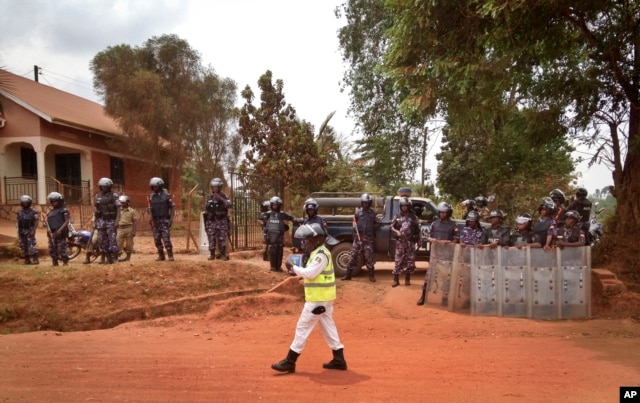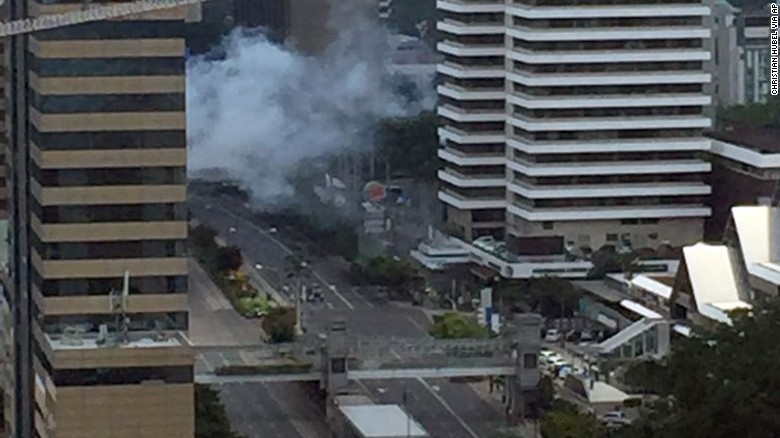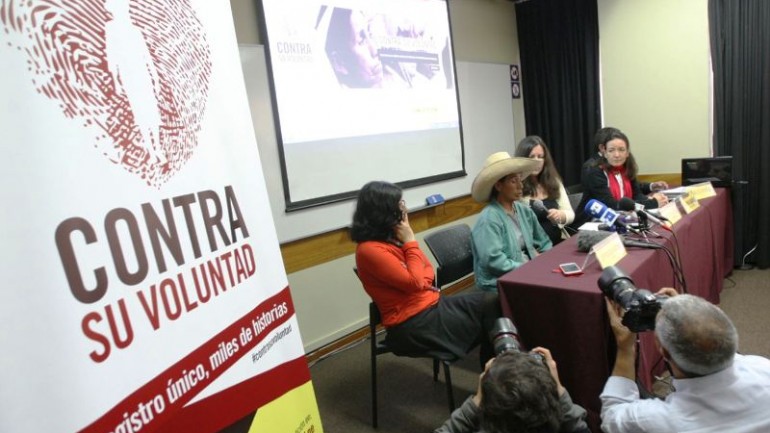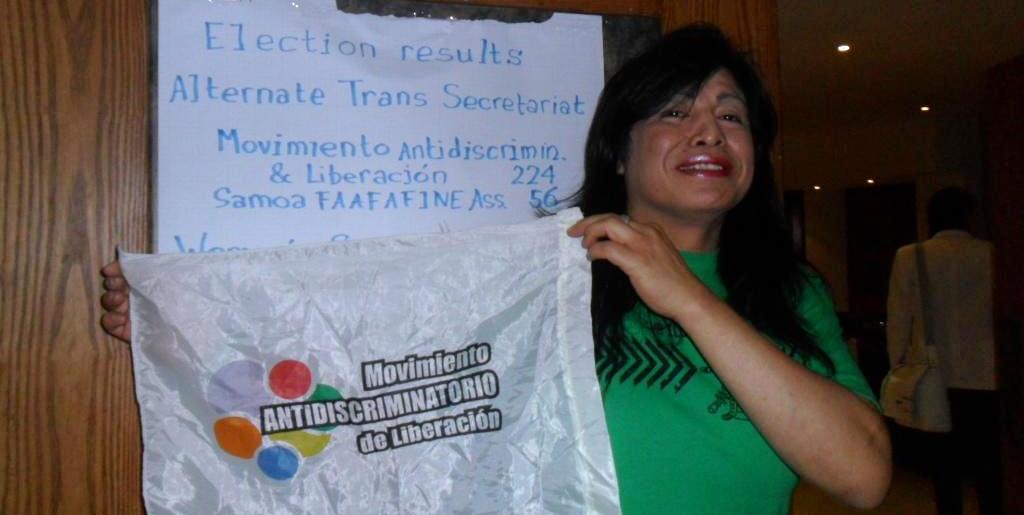By Tyler Campbell
Impunity Watch Reporter, Africa
KAMPALA, Uganda – It was announced yesterday that Yoweri Museven has been elected to his 5th term in office as Uganda’s President. However, the streets were rather quiet and lacked the celebration that you would expect for someone who won 60.8% of the vote. Instead of supporters filling capitol square to celebrate their re-elected leader armed soldiers and police kept watch silently. While President Museven sat comfortably in the capitol, the leader of the opposition party, Kizza Besigye, was at home under house arrest.

This is the fourth time Besigye had been arrested since voting started. Finally, he was placed under house arrest after trying to enter a home where he believed ballots were being altered. Supporters of Mr. Besigye have also clashed with Ugandan police forces since voting began Friday. Police forces and Besigye followers traded rocks and teargas canisters thought the capitol city after the election was called for President Museven with just over 10% of the polls reporting.
Mr. Besigye has officially called for an independent audit of the election in an open letter he sent to the people of Uganda on Saturday. Besigye commented on the election calling it “stolen” and “what must be the most fraudulent electoral process in Uganda.”
Mr. Besigye and his supporters do seem to have good reason to be upset. During the election social media sites were blacked out along with mobile-money services. Urban areas that were expected to be heavily in favor of Besigye did not receive their ballots until late in the day. This led to lower voter turnout and ended with some citizens not getting to vote at all. Finally, there were reports of ballots arriving at polling stations that had already been marked for President Museven.
The European Union Election Observation Mission (EU-EOM) were in attendance at the election and do not claim to have seen this level of fraud, but stopped short of calling the election free and fair. The EU-EOM reported that there was great enthusiasm to go out and vote but also admitted that this enthusiasm was over shadowed by intimidation and a lack of transparency.
For more information, please see:
The Guardian – Uganda election victory extends Yoweri Museveni’s grip on power – 20 Feb. 2016
Al Jazeera – Uganda’s Museveni re-elected amid controversy – 20 Feb. 2016
All Africa – Uganda: Poll Observers Give Mixed Verdict – 21 Feb. 2016
The Economist – Yoweri Museveni wins a fifth term as Uganda’s president – 21 Feb. 2016



